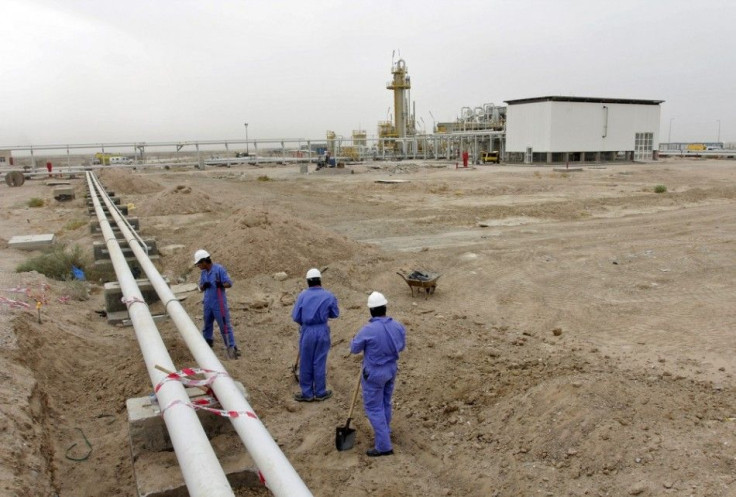Low Oil Prices: Benefits And Challenges For Major Economies -- Report

Countries across the globe are assessing the impact of the current low prices of oil on their respective economies. Meanwhile, analysts are monitoring the price movement to see if the commodity price has seen the bottom. Here is a look at what benefits and challenges the commodity price will bring to some of the major economies of the world.
Oil prices do not have a uniform impact on all economies because some countries will benefit from the current prices while others faces difficulties. According to a report by CNBC, the credit rating agency -- Moody’s suggests that U.S. and India will emerge as the major beneficiaries of the current low prices. Both the economies consume large amounts of oil annually.
The report also talks about the negative impact of the low oil price on the countries that depend on the exports of the commodity. Russia, one of the major exporters of oil, is reportedly looking at a recession that may last until 2017.
Another major exporter of oil, Saudi Arabia, is said to be in a better position to handle the current prices of the commodity. The country is expected to post positive growth by increasing spending to lessen the impact of reduced revenues from oil sales.
The impact of low oil price will also be felt in Europe. According to a report by the FinancialTimes, the European Commission has revised its growth forecast for the region upwards. One of the factors that reportedly led to the upgrading of the forecast is low oil price.
There have been concerns about Europe slipping into deflation. There have also been concerns about Greece with its new government attempting to renegotiate the bailout package of the country. Despite all the concerns and uncertainties, the European Commission has reportedly predicted that the region will grow at 1.3 percent in 2015 and 1.9 percent in 2016.
Global oil prices are currently just below $50. The price of the commodity has risen in the past few days from the lows of about $45. The price of the commodity was around $100 in July 2014 and the fall in the price has been attributed to a supply glut in the market. The price of the commodity is expected to stay low throughout 2015.
For questions/comments regarding the article, you may email the writer at s.trivedi@ibtimes.com.au





















